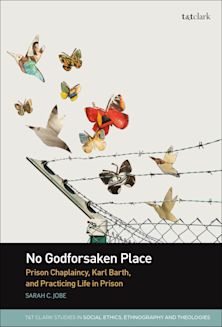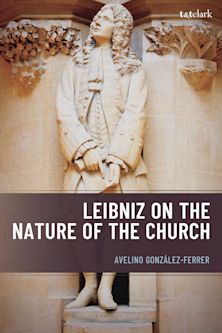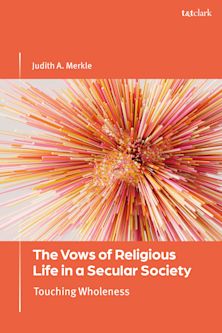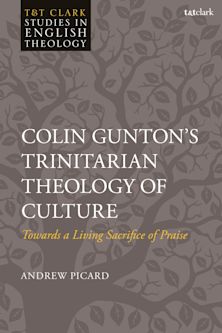- Home
- ACADEMIC
- Theology
- Ecclesiology
- The Covert Magisterium
Payment for this pre-order will be taken when the item becomes available
- Delivery and returns info
-
Free US delivery on orders $35 or over
You must sign in to add this item to your wishlist. Please sign in or create an account
Description
The Christian church in America stands at a crossroads. It can continue to follow the path of incarceration, or it can choose the path of abolition and liberation.
For too long, the church has been a site of violence and exclusion, despite its language of love and redemption. David Dault offers a timely and provocative analysis of an unspoken crisis affecting all forms of Christianity, particularly in the American context. In the wake of rampant sex abuse and a leadership increasingly wedded to the interests of right-wing and reactionary politics, the rise of covert mechanisms of authority and decision making threaten to undermine what little trust remains in the leadership. The Covert Magisterium offers a fresh analysis of theological identities, hinging on the choice between a Christianity that defines itself through forms of incarceration, and a Christianity that sets itself on the path of abolition, inviting believers to become (in the words of the late Pope Francis) “the dignified agents of their own destiny.” The book concludes with a vision of the synodal magisterium, a process of decision-making in which everyone, especially the “least of these,” has a voice.
Table of Contents
Acknowledgments
Introduction
1. The Question of Scripture
2. Magisterium: A Multiform Analysis
3. Incarceration and Abolition
4. A Covert Magisterium
5. A Synodal Magisterium
Conclusion
Bibliography
Index
About the Author
Product details
| Published | Apr 16 2026 |
|---|---|
| Format | Hardback |
| Edition | 1st |
| Extent | 160 |
| ISBN | 9781978715097 |
| Imprint | Fortress Academic |
| Dimensions | 9 x 6 inches |
| Publisher | Bloomsbury Publishing |
About the contributors
Reviews
-
Like Ezekiel redivivus, David Dault cries out in this book, 'Can these (institutional, ecclesiastical, theological, political) bones live?' Dault is in search of a powerful, living church-not the bare life of the carceral church, but the abundant life of the abolitionist church. While he writes from and for a Roman Catholic community, he shows how the idea and operation of the magisterium pervades Christianity as such, requiring a collective rethinking of Christian faith and practice. This is a work of liberation theology for the present crisis.
David W. Congdon, University of Kansas, US, author of Who Is a True Christian? Contesting Religious Identity in American Culture
-
The best theology is prophetic. It doesn't just speak truth to power, but rather enacts truth as a lived challenge to the complacency of the powerful. This book is prophetic. If it doesn't wake you up and shake you into action, then I just don't think you were paying attention.
J. Aaron Simmons, author of Camping with Kierkegaard


































